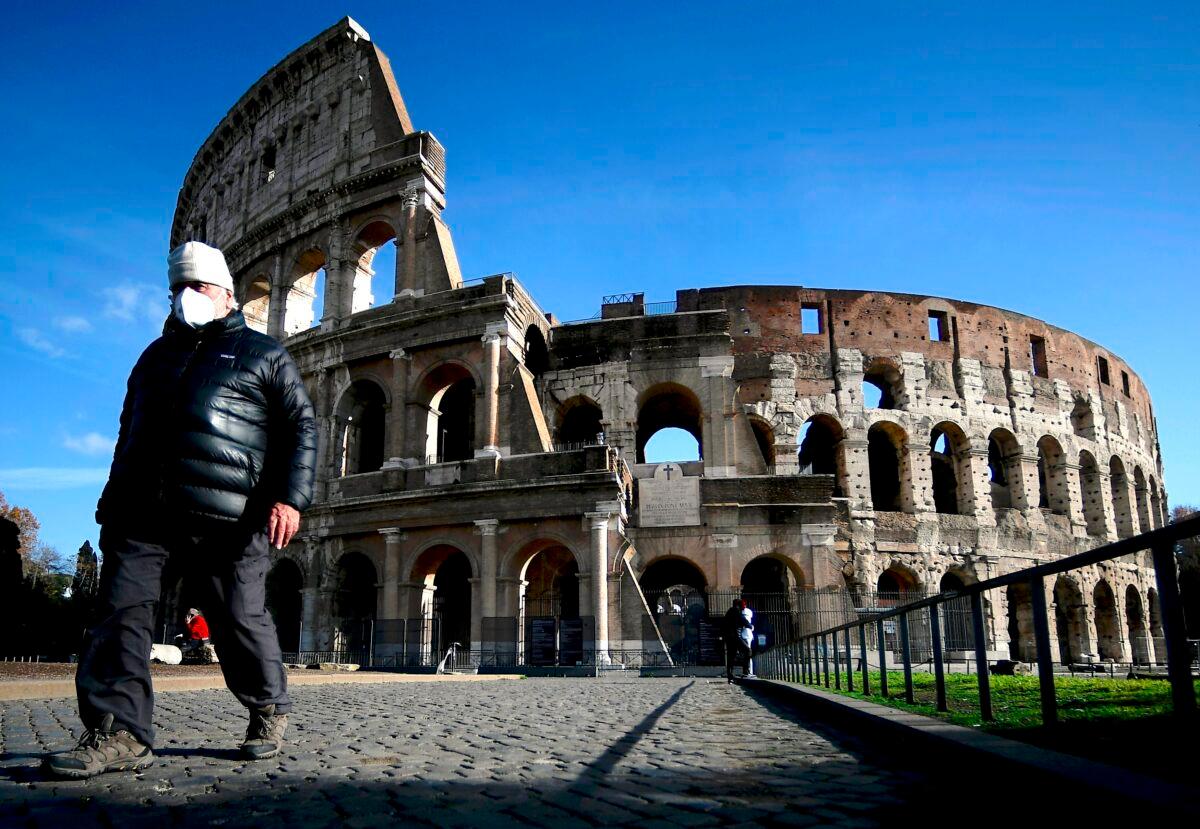It seems that today’s political calendar is overflowing with a variety of celebrations, creating a need for a navigation guide to keep track of them all.
Commentary
Democracy, a fleeting concept, often finds itself in disarray before it collapses, much like a winded walrus struggling to catch its breath.
John Adams once grimly remarked, “Democracy never lasts long. It soon wastes, exhausts and murders itself,” a sentiment that continues to resonate through the ages.
Reminiscent of a senator’s belch post-banquet in ancient Rome, where democracy was more of a theoretical discussion rather than a practical reality.
Rome serves as a cautionary tale, a path well-worn by history.
In the days of Rome, Juvenal was a sharp-tongued critic, slicing through societal norms with his wit.
He mocked the idea of “Bread and circuses,” suggesting that keeping the masses well-fed and entertained would prevent any dissent.
How a Great Empire Withered on Opulence
Thus, Rome expanded not only in its waistline but also in its self-perception, as leisure became the primary focus.
Over 200,000 individuals, their fingers sticky from pastries, were averse to lifting a finger unless it was to ask for more food.
Rome became a grand stage, where almost every day was a festival, with citizens either participating, watching, or purging in the vomitorium to make room for more indulgence.
Naval battles in artificial lakes, chariot races surpassing modern speed competitions, and scandalous theater performances that would make Venus blush—all funded by the very populace meant to be distracted.
Ninety-three days of pure spectacle each year transformed Rome from a republic into a lavish production, drowning out democracy with the roar of the crowd.
Does this sound familiar?

As the once mighty empire’s arm resembled more of a feeble elder than a fearsome warrior, the calendar began to look like a mushroom farm after a rain, with new holidays sprouting up to celebrate forgotten victories.
It all seems quite contemporary, with the world running out of days on the calendar and having to celebrate Easter Sunday alongside Random Acts of Kindness Day, a concept that would surely baffle the ancients, perplexed by the issue of “calendar overcrowding.”
Emperors, once esteemed leaders, now played secondary roles in this comedic drama, putting on fake smiles and pretending to be enthusiastic about games comparable to a wet sponge’s excitement for a desert journey.
In this farcical scenario, sacred ceremonies evolved into a jumbled mess of days, where deciphering the reason for celebration was more confusing than the holidays themselves.
Gone were the days of Julius Caesar’s iron-fisted rule or Augustus’s cunning strategies. Instead, leadership fell into the hands of mediocre emperors like Commodus and Septimius Severus, whose reigns lacked the vigor of their predecessors.
Once a robust wine, leadership had turned into watered-down vinegar, with emperors inflating their egos and riches, riling up the populace with empty displays of patriotism.

Meanwhile, the spectacles devolved into a grotesque display of oddities and barbarism, a stark contrast to the dwindling realities of employment and property ownership—now just fairy tales.
Even the steadfast Marcus Aurelius witnessed the empire’s currency devaluing, shrinking in size and value similar to today’s promises of fiscal responsibility.
Bread and Circuses of the Present
Fast forward to the present, and the circus hasn’t ended but rather changed its attire.
Today’s arena is filled with Drag Time Story Hours and a calendar overflowing with celebrations of various pride and cultural events, requiring a guide to navigate the festivities.
Subsidies rain down like fireworks, ensuring the populace remains distracted by reality TV scandals and viral sensations, oblivious to the shifting ground beneath them.
In this grand spectacle of the present, one must question if we have become mere spectators in our own version of Rome’s decline, captivated by the lights and unaware of the impending fall.
Will the extravagant feast of our time culminate in regret?
Views expressed in this article are opinions of the author and do not necessarily reflect the views of The Epoch Times.
Please rewrite the following sentence: “She was extremely exhausted after working a double shift at the hospital.”
Source link








